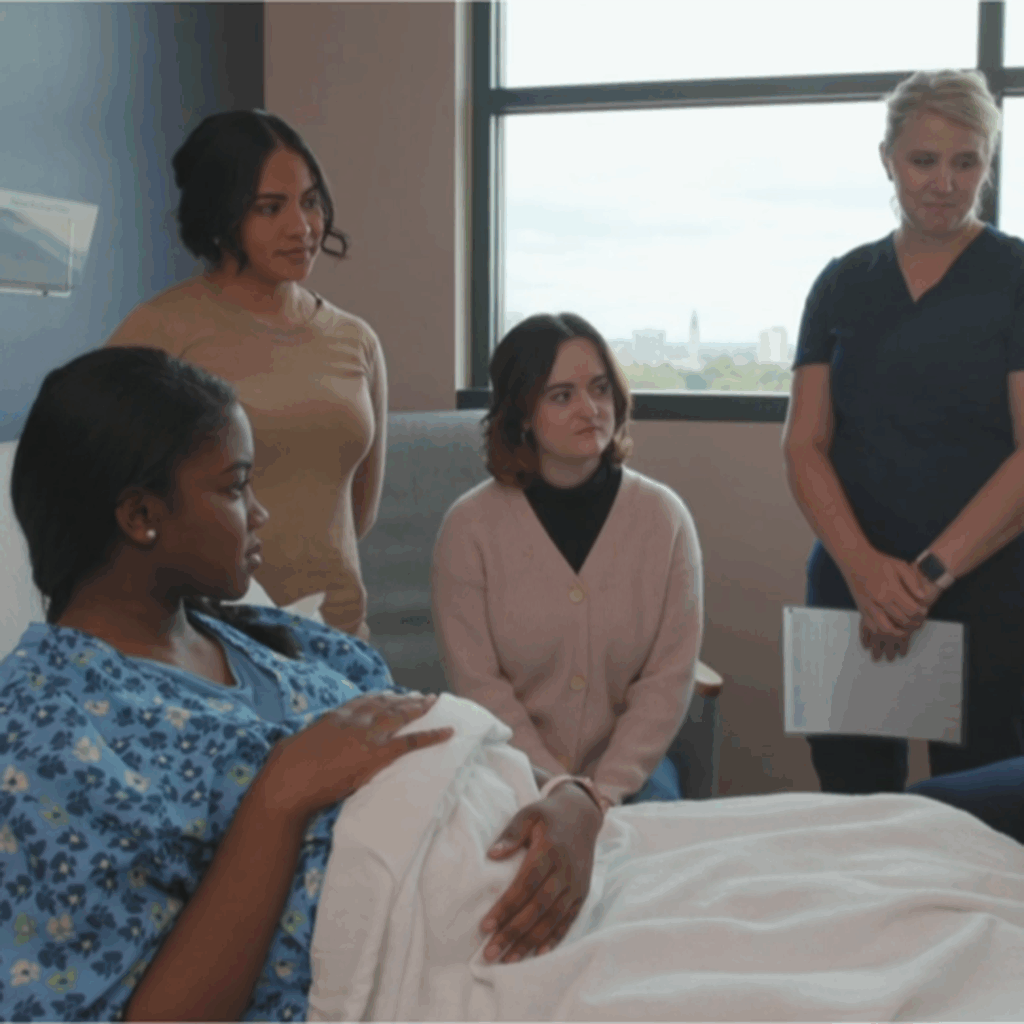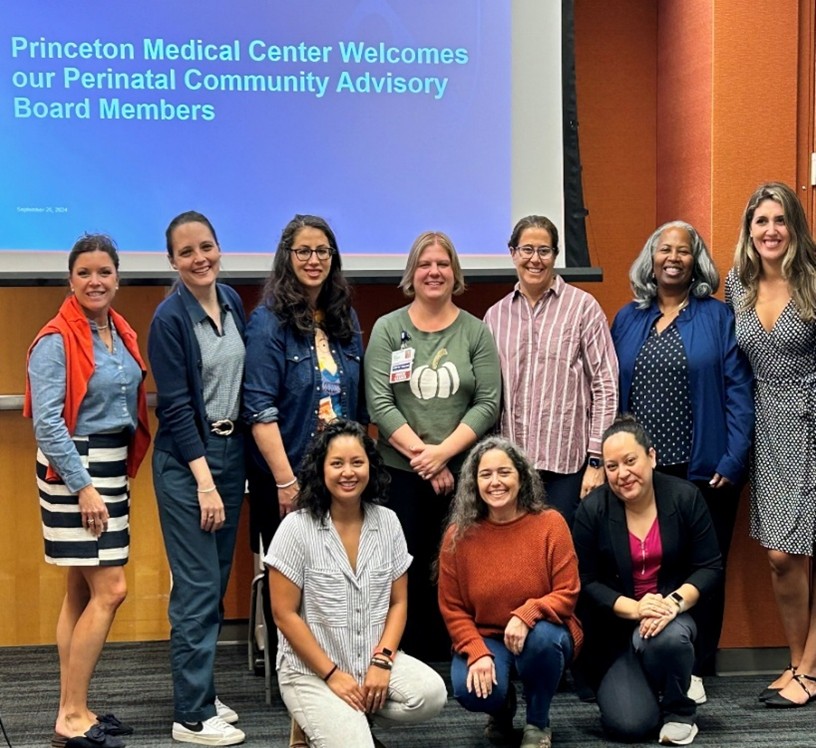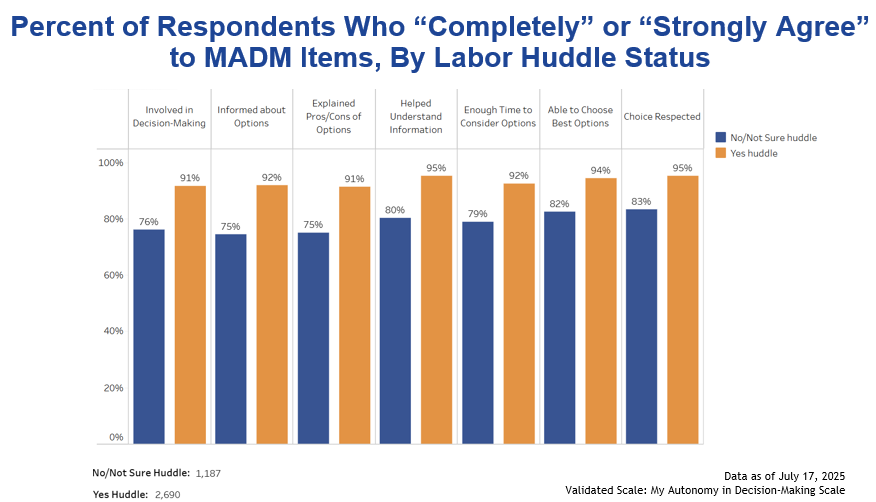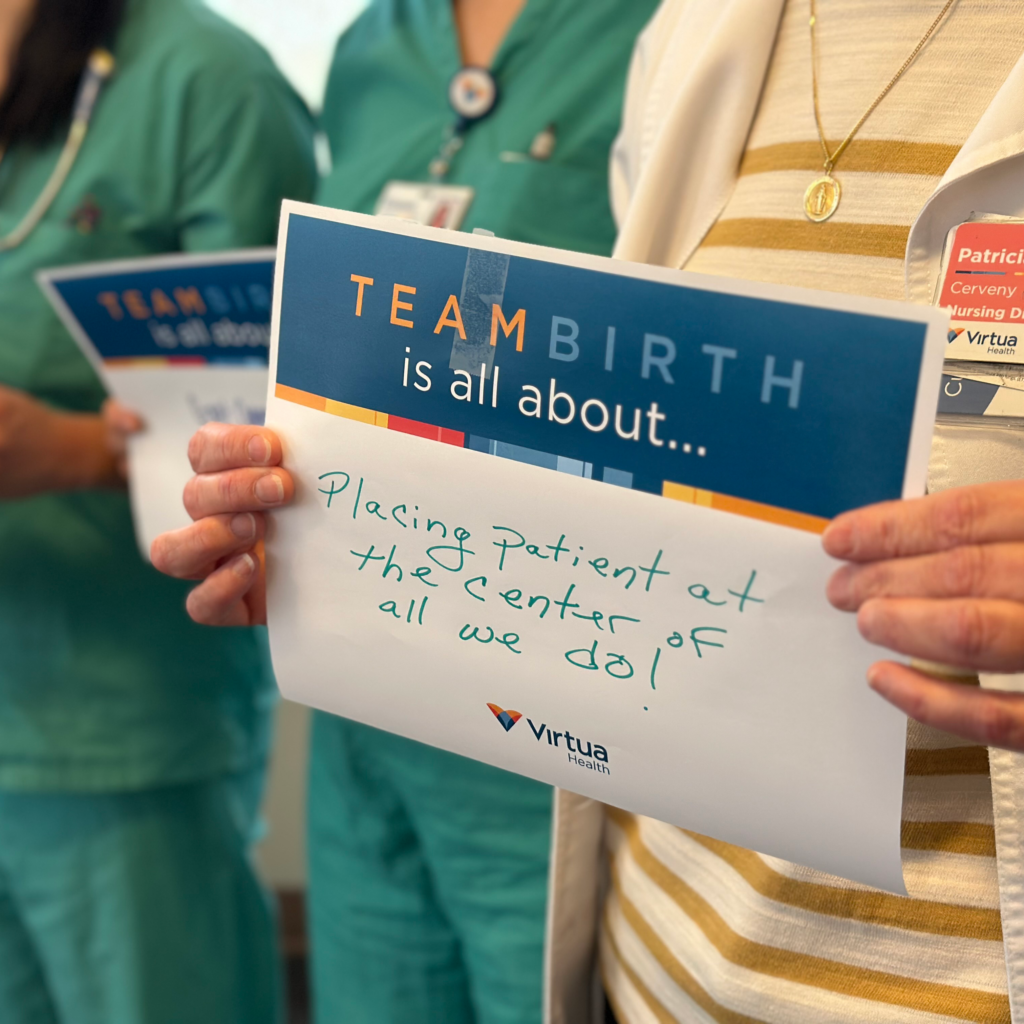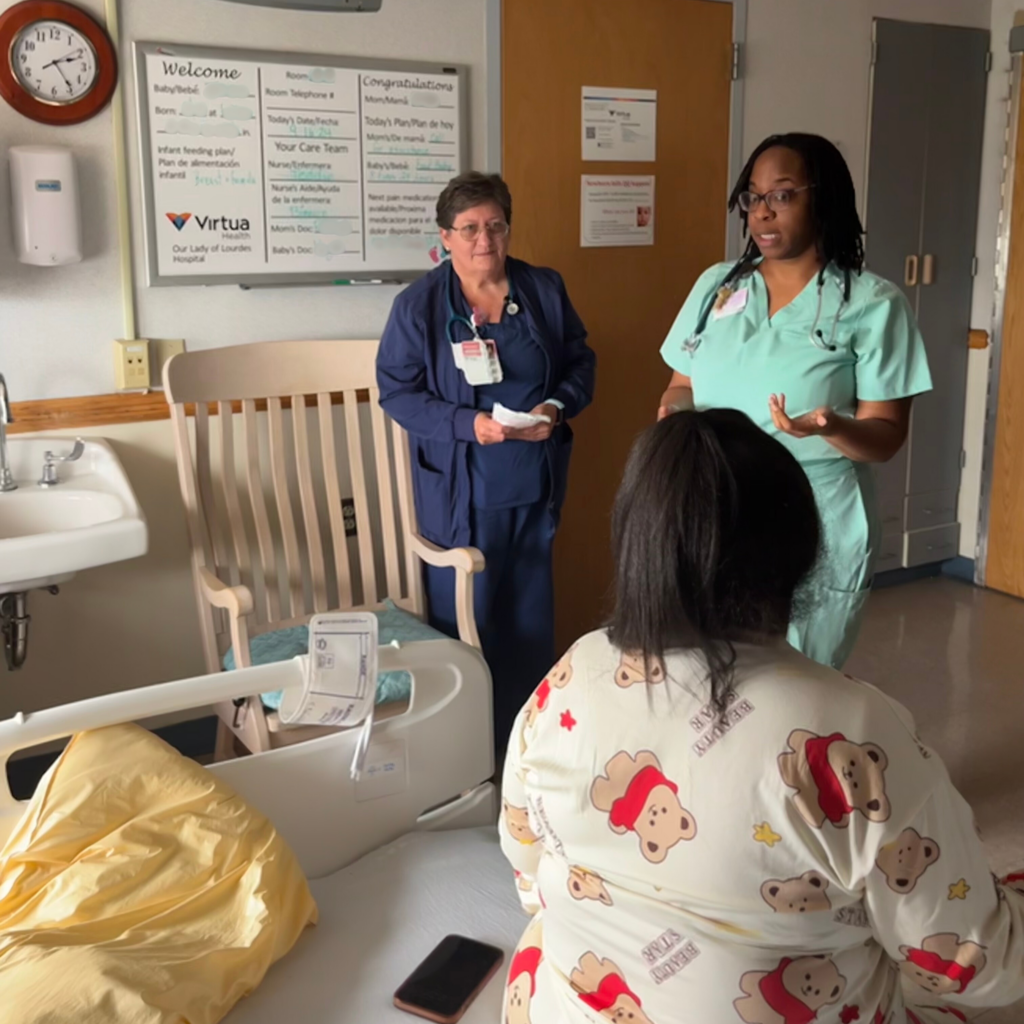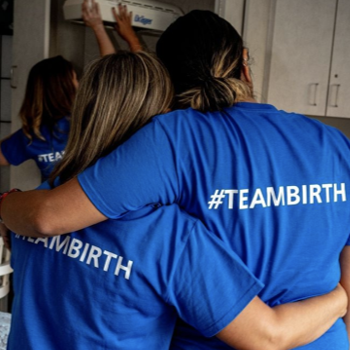Raising the Bar for Maternal Health in New Jersey: A Framework to Improve Care for All
The New Jersey Health Care Quality Institute launched this community-focused initiative to advance high-quality maternal health outcomes and respectful childbirth experiences, partnering with two Greater Mercer County health systems, Capital Health Medical Center and Penn Medicine Princeton Medical Center.
The program is among the first in the nation to implement recommendations from the National Partnership for Women & Families guide, Raising the Bar for Maternal Health Equity and Excellence. The guide recognizes health systems as providers of care, employers, trusted community partners, and advocates—roles that can drive better outcomes for all patients and families.
Why This Program Matters
New Jersey has made progress in improving care for mothers and babies during and after pregnancy. Still, more work is needed to ensure every family receives consistent, respectful, high-quality care.
Raising the Bar for Maternal Health in New Jersey focuses on making lasting improvements in hospitals and the communities they serve. With nearly all births in the state taking place in hospitals, these institutions are essential partners in this effort. This initiative is building sustainable practices that can strengthen maternal health care in NJ and serve as a model for others.



